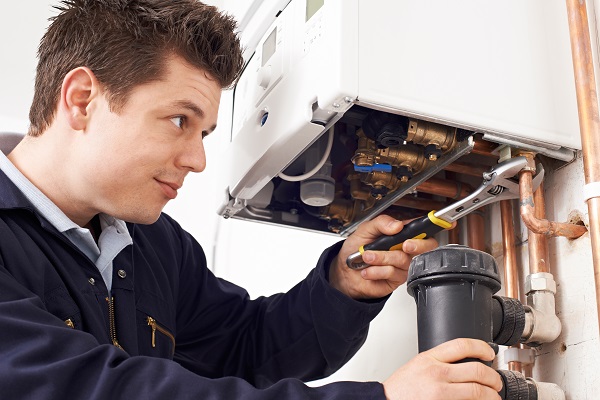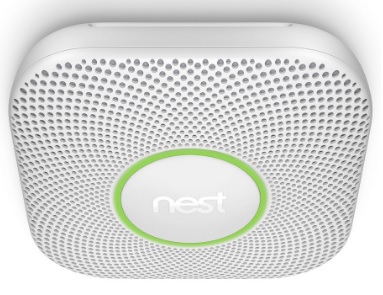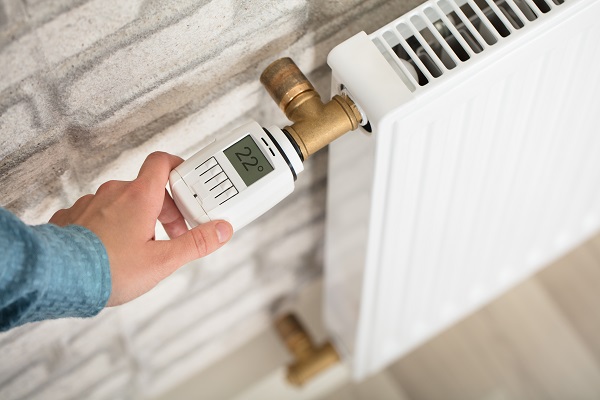We might not want to think about it, but the nights are starting to draw in and it will soon be time to switch the central heating on. As the boiler has probably not been used much in the summer, it is essential to carry out a few checks.
Boilers come under an increasing strain as the weather gets colder. Maintaining it correctly can save you expensive repair bills later in the year, so here are some tips on what you should be checking and what some of the common problems can be caused by.
Does it work?
This might appear obvious, but you should turn on the boiler before it gets cold and ensure the radiators heat up properly. If there is a problem, at least you will be aware in advance and can call out an engineer to fix it.

Have the boiler serviced
To keep your boiler working effectively, it is essential to have it serviced regularly; however, around 50 per cent of households in the UK have not done so in the last year. If your service is due, it is a good idea to get this booked in before the winter.

Check the instruction manual
Many of us do not keep the manual for our boiler to hand; however, this can be extremely useful in the event of a breakdown and highlights all the safety aspects.
Insulate the pipes
Pipes that are not adequately insulated can add to your energy bills and can become frozen or cracked in very cold weather. It is cheap and simple to add insulation and will reduce the risk of a breakdown.

Check for carbon monoxide
Fitting a carbon monoxide detector in your home can be a lifesaver and will sound if the gas starts to leak from the appliance. If the alarm activates, you should open the doors and windows; stop using gas appliances and the boiler; avoid switching on the lights or lighting a match or cigarette; and vacate the property. Faulty appliances or boilers will need checking by a qualified engineer before you use them.
Radiator not heating up
If you switch the boiler on and the radiators do not heat up properly, it could simply be that air has got into the system. This can be resolved by bleeding the radiators. If this does not fix the issue, it could be a problem with the boiler itself, in which case you will need to call an engineer.

The boiler turns off
A boiler can shut off to prevent it overheating when the thermostat has broken or the heat exchanger needs replacing.
Boiler not igniting
If your boiler is not igniting, you should first check that the gas supply is working by turning on other gas appliances. If there is a problem with the supply, contact your supplier.
If the gas is on, try to reset the boiler by switching off the electric supply and then switching it back on; check for low water pressure; and ensure there is a strong blue pilot flame - a yellow flame can indicate that there is dirt in the injector.
By checking your boiler is functioning correctly, you will keep nice and warm this winter. If there are any problems, you should seek advice from a Gas Safe engineer.

